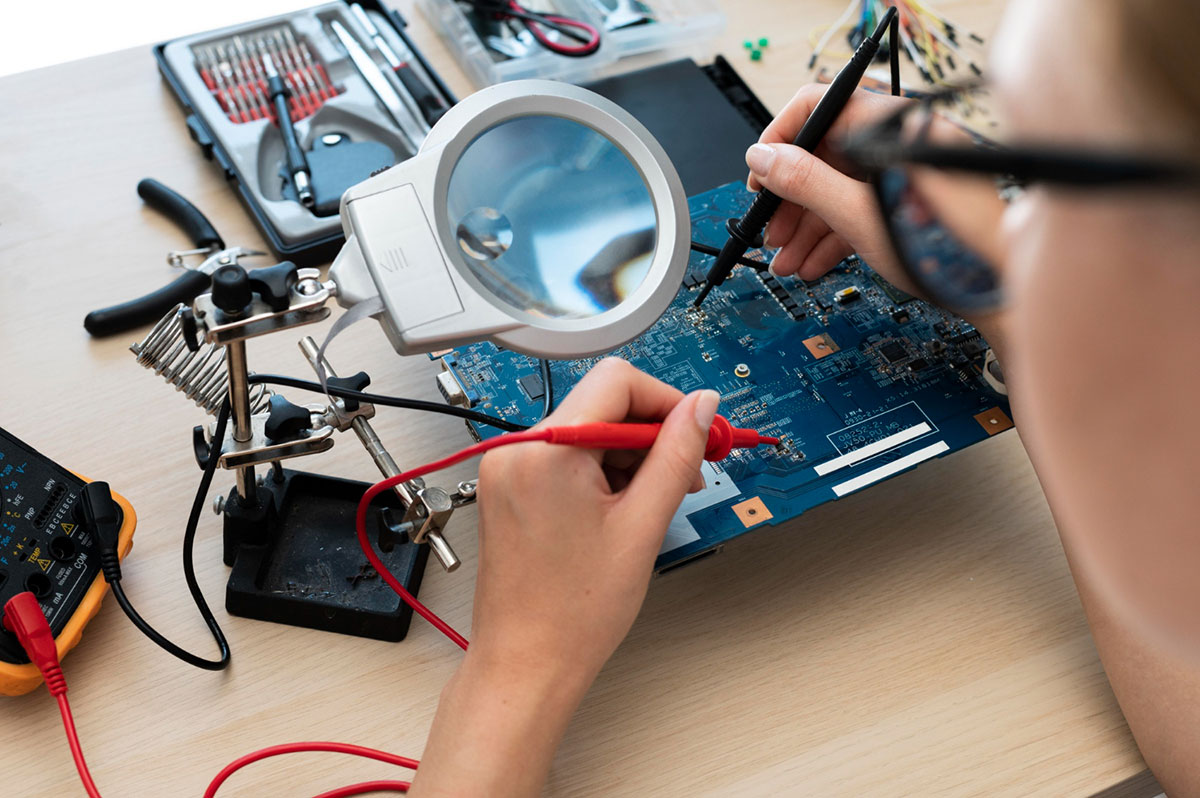
The Rise of Laptop Repair Laws: A Global Shift
- Provide access to repair manuals and diagnostic tools.
- Sell genuine parts to independent shops and consumers.
- Design devices for easier disassembly (e.g., modular batteries, standard screws).
By 2025, regions like the EU, parts of the U.S. (e.g., California, New York), and countries like Australia will enforce these regulations. These laptop repair laws aren’t just about convenience-they’re about sustainability and consumer rights.
What 2025 Laptop Repair Laws Mean for Your Device
Under new laptop repair laws, manufacturers must design devices with repairability in mind. Expect laptops with:
- Modular components: Easily replaceable RAM, SSDs, and batteries.
- Standardized fasteners: No more glued-in parts or specialty tools.
- Public repair guides: Step-by-step manuals for common fixes.
This shift extends your laptop’s usable life by years. Instead of discarding a device for a minor issue, you-or a local technician-can fix it affordably. The right to laptop repair directly combats the 50 million tons of annual e-waste generated globally.
Gone are the days when only authorized service centers could handle repairs. Laptop repair laws will:
- Empower third-party shops: Local technicians can legally access parts and tools, fostering competition.
- Reduce repair costs: A MacBook battery replacement that cost $300 might drop to $100.
- Enable DIY repairs: Hobbyists can order genuine parts online, avoiding markup fees.
For example, the EU’s “Right to Repair” directive estimates consumers could save €20 billion annually by 2030. Similar laptop repair laws in the U.S. could cut repair costs by 30–50%.
A critical win in laptop repair laws is addressing software barriers. Manufacturers often use “parts pairing”-where components like screens or batteries are locked to the device’s software. New regulations will:
- Ban parts pairing: Replacements won’t trigger error messages or performance throttling.
- Ensure security updates: Repaired devices won’t lose access to critical patches.
- Preserve warranties: Using third-party repairs won’t void your coverage.
This ensures your laptop remains secure and functional, regardless of who fixes it.
How Your Wallet Benefits from Laptop Repair Laws
The financial upside of repair laws is undeniable:
- Lower upfront costs: Repairs replace expensive upgrades. Fixing a $200 hinge beats buying a $1,200 new laptop.
- Increased resale value: Repairable devices retain value longer. A 3-year-old laptop with a replaced battery sells for 40% more than one with a degraded one.
- Reduced subscription traps: Manufacturers can’t force you into “repair-as-a-service” plans.
A 2023 study by the U.S. PIRG found that right to laptop repair policies could save American households $40 billion over a decade. With laptop repair laws, that savings becomes a reality.

Challenges and What to Watch For
- Implementation gaps: Laws vary by region. Some countries may enforce strict penalties for non-compliance, while others lag.
- Manufacturer pushback: Tech giants may lobby for loopholes, like exempting “professional-grade” devices.
- Quality concerns: Counterfeit parts could flood the market. Stick to certified suppliers.
Stay informed via resources like the Repair Association or EU Right to Repair Hub.
Pro Tip: Before 2025 laws take full effect, document your laptop’s issues. If a manufacturer refuses service, save emails and quotes. Under new laptop repair laws, this evidence could entitle you to compensation or free repairs.

💻 Preparing for 2025: Your Action Plan
➤ Check your device’s repairability: Use iFixit’s Repairability Score to assess future-proof laptops.
➤ Support local repair shops: They’ll be your go-to resource under new laptop repair laws.
➤ Back up data: Easier repairs mean more frequent maintenance-protect your files.
Frequently Asked Questions (FAQ)❓
Need Laptop Repairs? Know Your Rights!
Conclusion: Plan Ahead to Avoid High Data Recovery Costs
For more tips, explore our Services page, learn more About Us, or catch the latest tech insights on our Tech Blog.